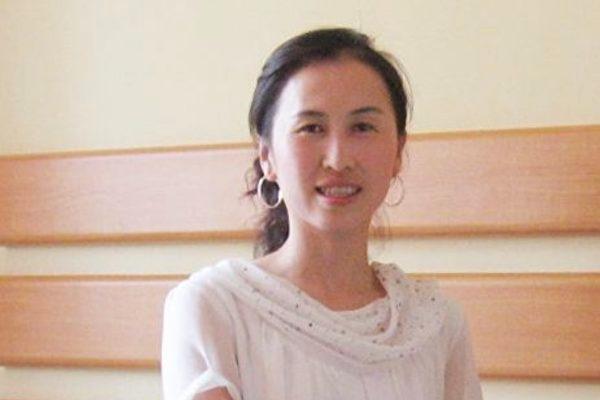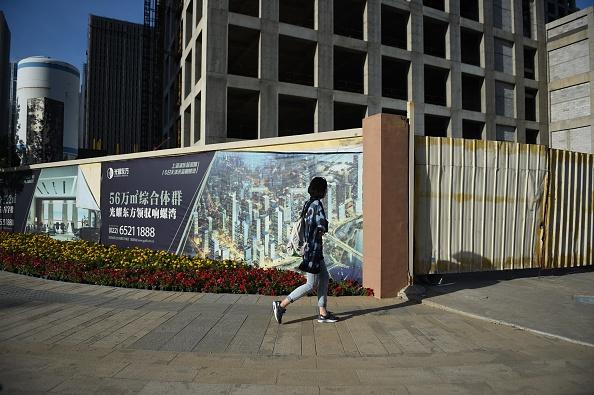Victims of a years-long banking scandal in central China were violently attacked by security personnel last week while petitioning authorities over their frozen savings, according to a protester who shared what he witnessed at the scene with the Chinese-language edition of The Epoch Times.
The crisis began in April 2022, when several rural banks in Henan Province collapsed, affecting approximately 400,000 depositors.
Protester Xiao Mei, who used a pseudonym out of fear of retaliation by authorities, recently told The Epoch Times that on May 28, a group of account holders—including Ba Zhongjun and his wife, whose family was among the most affected—traveled to Zhengzhou, the capital of Henan Province, hoping to appeal directly to a central government inspection team. According to Xiao, they were intercepted in the Jinshui district by black-clad security personnel, who beat several of them in broad daylight.
Xiao said Ba’s wife and another woman were surrounded and assaulted by more than a dozen men, who also seized their phones. Ba’s wife sustained an arm injury.
“The entire scene was chaotic,” Xiao said.
Two days later, plainclothes police and security agents forcibly entered the hotel room where Ba was staying with his wife, their 6-year-old son, and his mother-in-law. According to a source familiar with the incident, Ba was restrained, and his phone was confiscated. Ba, his wife, child, and mother-in-law were then forced into a vehicle and taken back to Shanghai, where the couple work as migrant laborers.
“The police weren’t dressed in uniform—they were trying to avoid recognition,” the source, who used the pseudonym Yu Ming, told The Epoch Times. “The child was so terrified he didn’t dare to say a word.”
Yu described the Ba family’s situation as “tragic.” Their 2 million yuan in savings—earned over decades by four elderly parents working as farmers—was suddenly frozen by the bank. Ba’s mother is seriously ill and requires medical treatment, while both Ba and his wife are unemployed and struggling to support their son, who has just started primary school, Yu said. Recently, Ba’s wife had an abortion because the family could not afford to raise a second child.
“Their family is on the brink of ruin,” Yu said.
Authorities have repeatedly pressured depositors to sign settlement agreements, but according to Yu, some legal experts warn that these documents could waive the depositors’ rights to further legal action.
“These so-called settlements are traps,” Yu said. “Once you sign, it’s considered an admission of guilt. It’s extremely risky even if you later try to sue the bank.”
As a result, most depositors have refused to sign, he said.
The agreements contain clauses barring petitioners from invoking China’s Contract Law or any legal grounds for defending their rights, according to legal experts Yu consulted.
“Ordinary people can’t understand these legal tricks,” Yu said. “They’re full of provisions that hurt depositors.”
Authorities have also employed harsh tactics—including detention, criminal charges, and extended prison sentences—to pressure victims and their families into backing down, according to Yu.
“They show wives and mothers videos of their loved ones suffering in detention,” Yu said. “Of course, they break down and beg them to sign. It’s ruthless.”
Despite the ongoing repression, Yu said the victims are “resilient and determined.”
“For over three years, they’ve fought for the return of their life savings—money they need to feed their families,” he said. “If they don’t get their money back, they’ll keep fighting to the end.”







